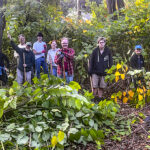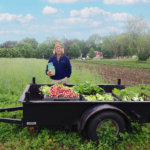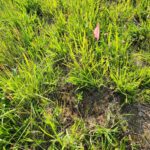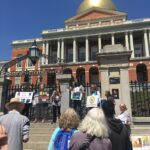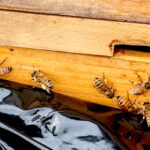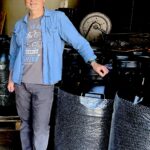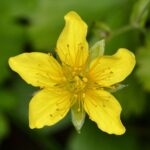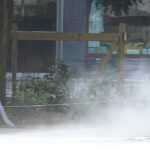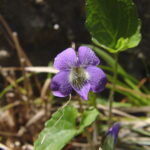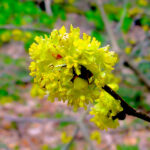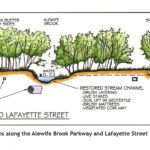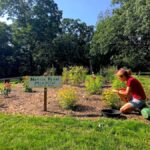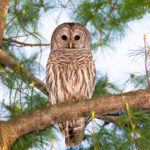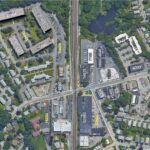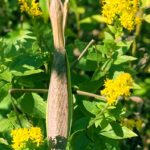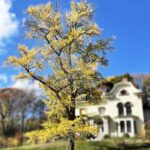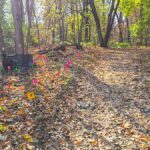
By Radha Iyengar Belmont’s Lone Tree Hill Conservation area benefited from another year of conservation, restoration, and stewardship, thanks mainly to the efforts of the Land Management Committee for Lone Tree Hill (LMC). Many Belmontonians and visitors enjoy this 119-acre conservation property for walking, biking, viewing wildlife, and being out in nature. The LMC was created through a memorandum of agreement between the town and McLean Hospital in 1999. The agreement outlined the development restrictions for the McLean Hospital campus. It also reserved approximately 119 acres of the campus as publicly accessible open space, including a new municipal cemetery, and [READ MORE]


